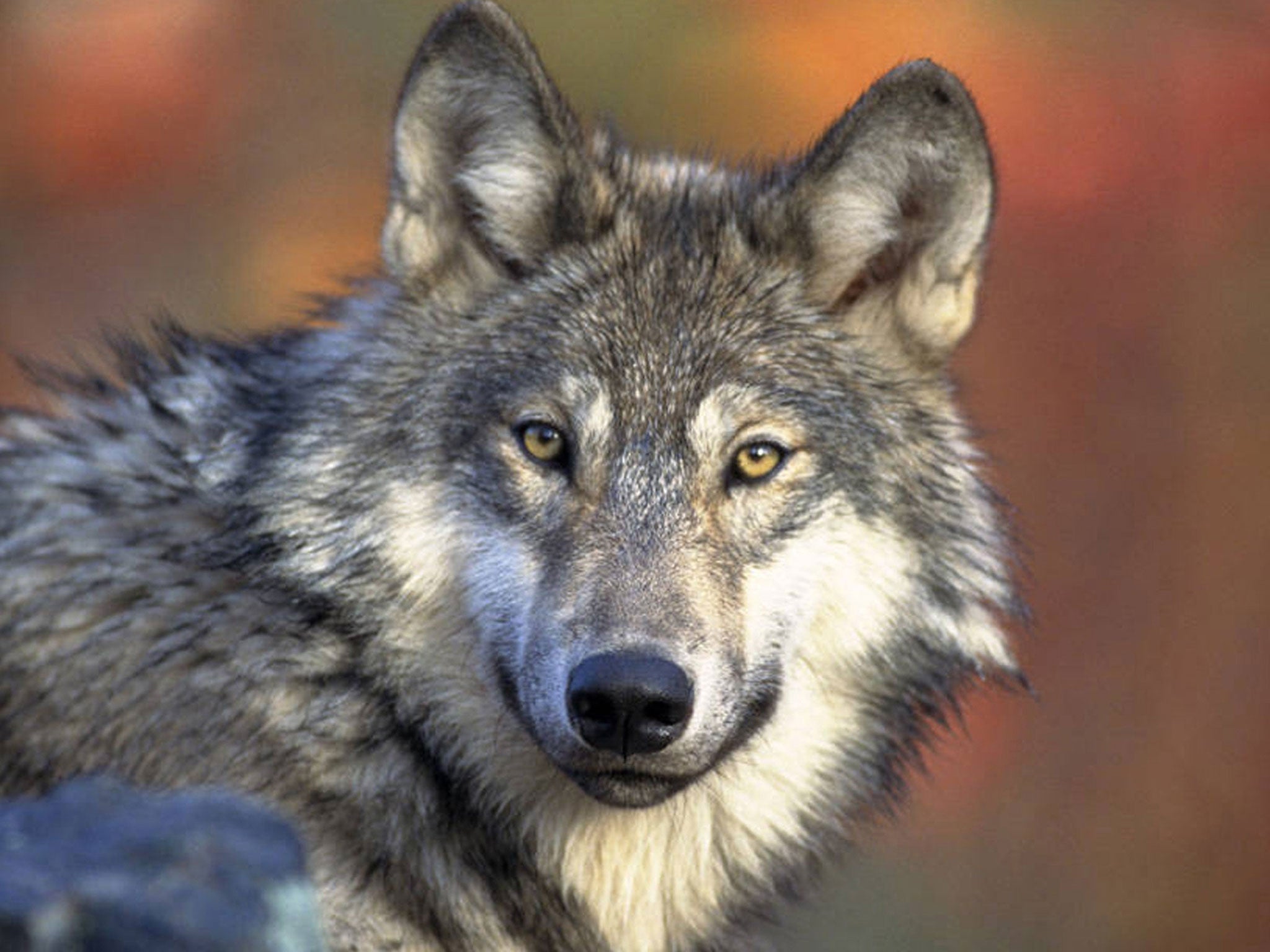Gray wolves could once again be hunted as they lose endangered status
'The agency is dead set on appeasing special interests who want to kill these amazing animals'

The federal government is considering another attempt to drop legal protections for gray wolves across the lower 48 states, reopening a lengthy battle over the predator species.
The US Fish and Wildlife Service said it had begun a science-based review of the status of the wolf, which presently is covered by the Endangered Species Act in most of the nation and cannot be killed unless its threatening human life.
The agency will publish a proposal by the end of the year if it decides to begin the process of removing of the wolf from the endangered species list.
"Any proposal will follow a robust, transparent and open public process that will provide opportunity for public comment," the service said in a statement to the Associated Press.
The government first proposed revoking the wolf's protected status in 2013, but backed off after federal courts struck down its plan for "delisting" the species in the western Great Lakes region.
Long despised by farmers and ranchers, wolves were shot, trapped and poisoned out of existence in most of the US by the mid-20th century. Since securing protection in the 1970s, they have bounced back in parts of the country.
There are around 3,800 gray wolves in the western Great Lakes states of Michigan, Minnesota and Wisconsin.
Other established populations are in the Northern Rockies, where they are no longer listed as endangered, and the Pacific Northwest.
Federal regulators contend populations have recovered sufficiently for their designation as endangered to be removed and management responsibilities handed over to the states.
Environmental groups say it is too early for that, as wolves still haven't returned to most of their historical range.
"Time and again the courts have told the service that wolves need further recovery before their protections can be removed," said Collette Adkins, an attorney with the Center for Biological Diversity.
"But the agency is dead set on appeasing special interests who want to kill these amazing animals."
Members of Congress have tried numerous times to strip wolves of legal protection. Another bill to do so is pending in the House of Representatives.
Associated Press
Subscribe to Independent Premium to bookmark this article
Want to bookmark your favourite articles and stories to read or reference later? Start your Independent Premium subscription today.

Join our commenting forum
Join thought-provoking conversations, follow other Independent readers and see their replies